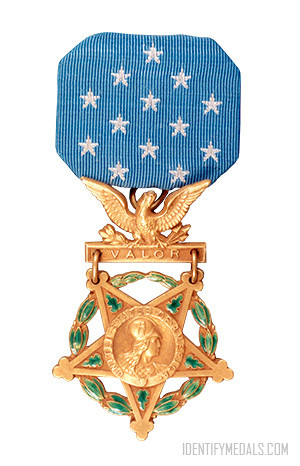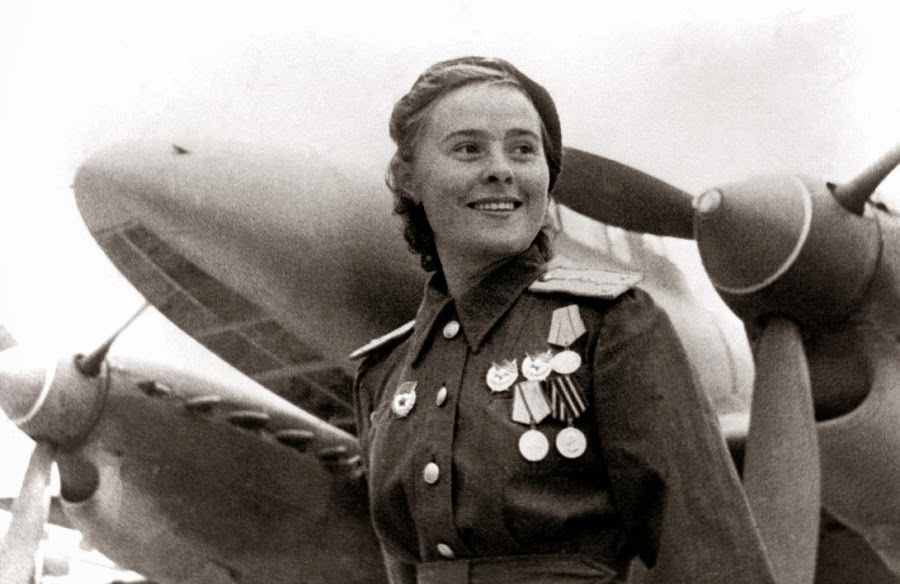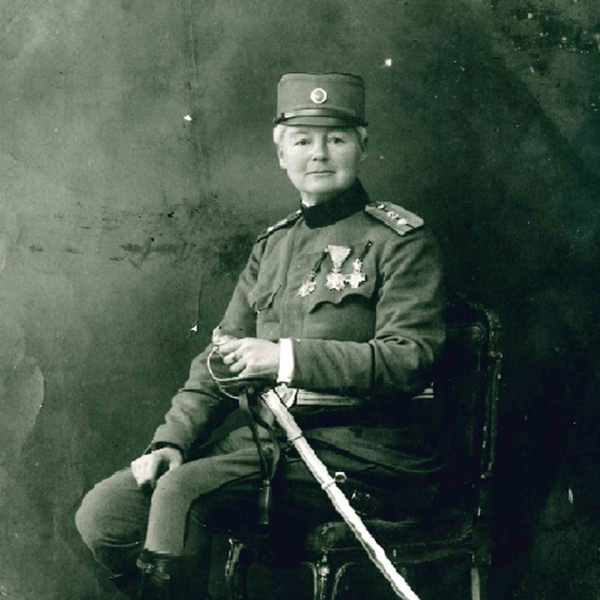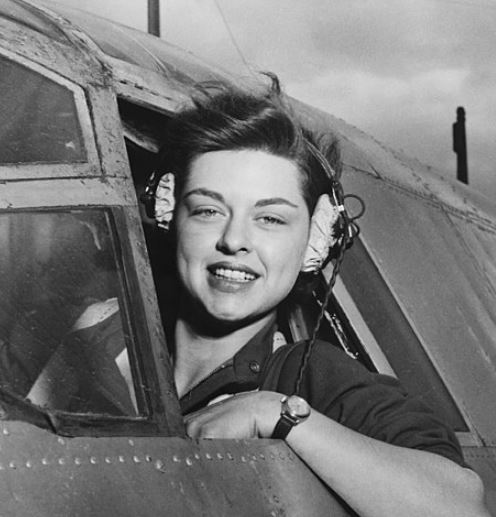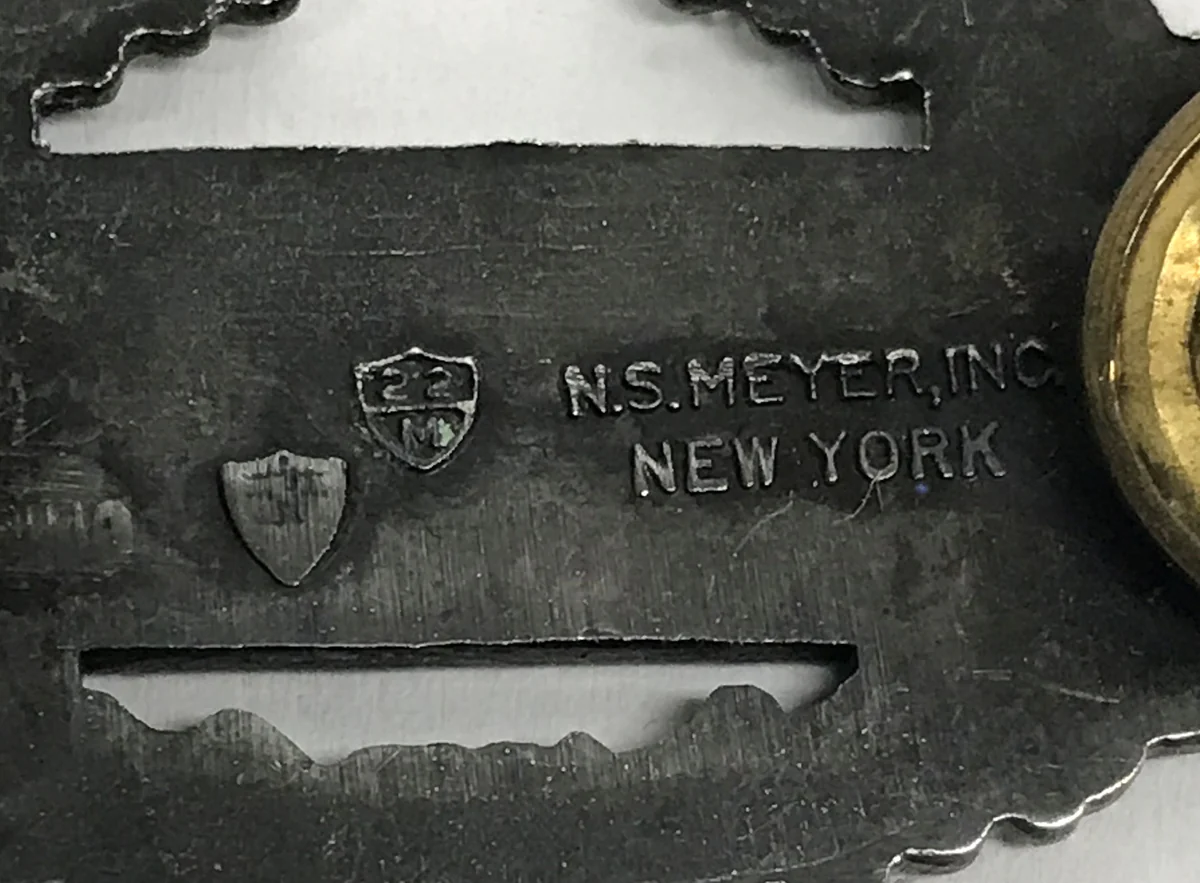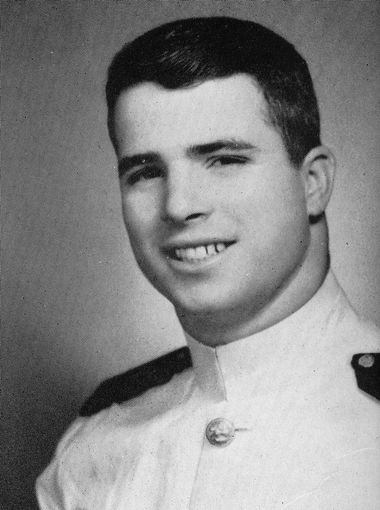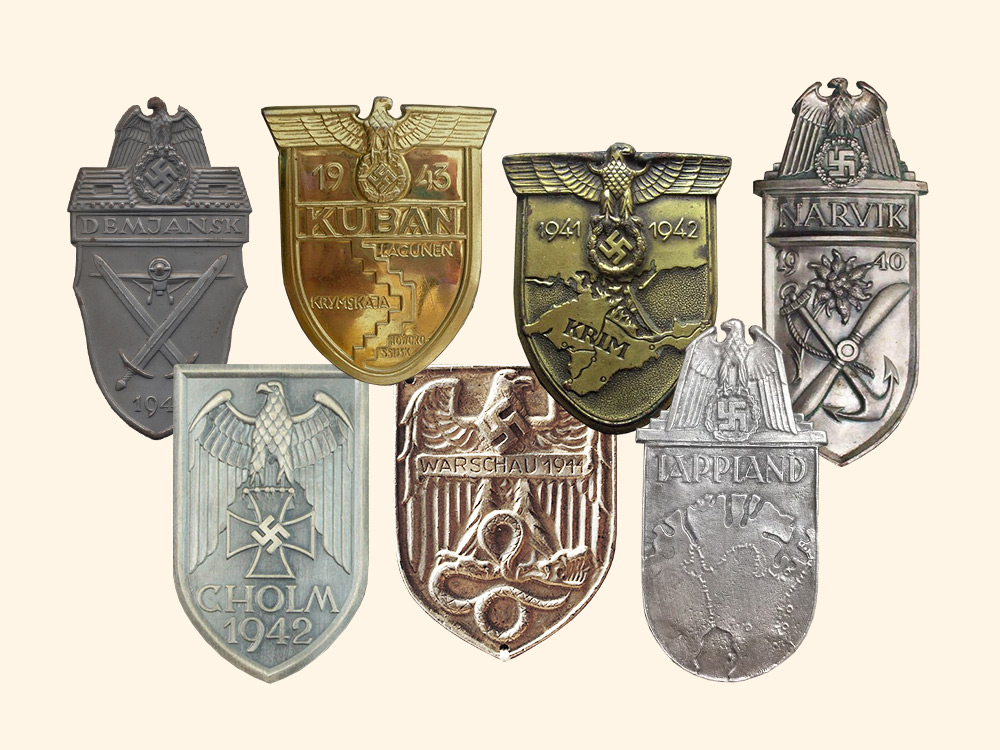Dr. Mary Walker was the epitome of unorthodox. She was (and still is!) the only woman to receive the Medal of Honor. In addition, she was a suffragette with a unique perspective on women’s suffrage who was regularly arrested for impersonating a man by wearing men’s clothing.
Who Was Mary Walker?
This unusual woman was born on November 26, 1832 in Oswego, New York. Her parents were abolitionists, and her father encouraged Dr. Walker and her four sisters to dress as they liked, as he found skirts and corsets restrictive. Walker opted for “bloomers” and later chose to wear all male attire.
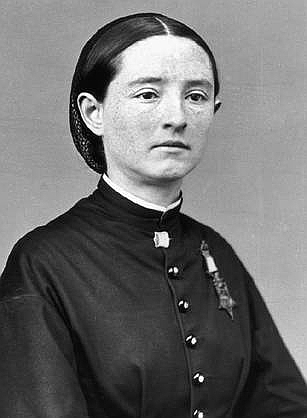
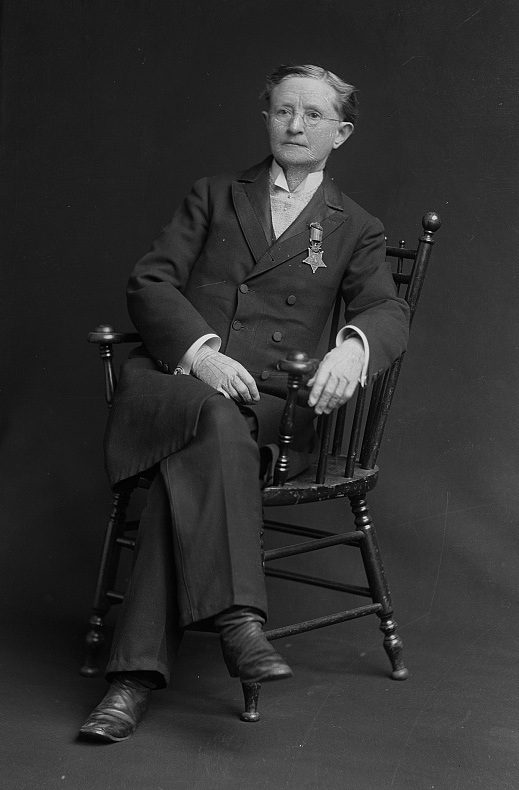
Walker’s father also encouraged his daughters to pursue education even though that was unusual for females at the time. When Walker graduated from Syracuse Medical College in 1855, she was the only female in her class and was one of the few female physicians in the country at the time.
Dr. Walker worked as a doctor in private practice for a few years until the Civil War broke out in 1861. She traveled to Washington, D.C. to apply for an appointment as an Army surgeon, but was rejected because she was a woman. Walker chose to volunteer as a doctor for the Union Army instead of applying to be a nurse due to her credentials. As a result, she became the first female surgeon in Army history.
At first, Walker worked at the temporary hospital set up at the U.S. Patent Office in D.C. and then moved to Virginia in November 1862, presenting herself as a field surgeon at the headquarters of Major General Ambrose Burnside. A month later, Walker found herself treating the wounded at Warrenton and Fredericksburg in December 1862.
During the next fall, Walker treated the casualties of the Battle of Chickamauga in Chattanooga, Tennessee and decided to request commission as an Army doctor again after the battle. In September 1863, Major General George H. Thomas appointed Walker as an assistant surgeon in the Army of the Cumberland, and she was assigned to the 52nd Ohio Regiment. As an assistant surgeon, Walker was the equivalent of a lieutenant of captain and had finally achieved paid work as a surgeon.
Mary Walker Is Captured and Released
In October 1864 after Walker had been released from Confederate control, the Medical Department granted Walker another contract as an acting assistant surgeon.
Although Walker wanted battlefield duty again, she was not sent into the field. Instead, she served as the superintendent of a hospital for female prisoners in Louisville, Kentucky and the medical director of a orphanage in Clarksville, Tennessee for the rest of the Civil War.
After the war, Walker was released from government contract, but she lobbied for a brevet promotion to major for her services. While she did not receive that promotion, President Andrew Johnson decided on an unorthodox way to honor her service: a Medal of Honor, which she received in January 1866.
In 1910, the standards for the Medal of Honor were revised, and the Army reviewed all of the medals that had been awarded, rescinding 910 of them. Dr. Walker’s was one of those, as the new standards indicated direct combat with the enemy which Walker had not experienced.
Even so, Walker had no plans of giving up her award. She had worn and planned to continue to wear her Medal of Honor every day of her life. Thus, when the federal marshals arrived at her door to take her medal away in 1917, Walker opened the door with a 12-gauge shotgun and the Medal of Honor around her neck. The federal marshals decided to leave, and Walker continued to wear the medal every day until her death in 1919.
Mary Walker And the Medal of Honor
While Walker got to keep her medal, she had still lost the title of recipient of the Medal of Honor until almost sixty years after her death. On June 19, 1917, Walker’s Medal of Honor was reinstated by Army Secretary Clifford L. Alexander under President Jimmy Carter. To this day, Walker is still the only female recipient of the Medal of Honor.
In addition to being the only woman to receive the Medal of Honor, Walker was also an unusual feminist and suffragette. After the Civil War, she gave countless speeches about dress reform and women’s rights, but distanced herself some from the women’s suffrage movement.
Walker did not believe there was a need for a women’s suffrage act because women already had the right to vote as American citizens, which she stated in her 1907 published work entitled “Crowning Constitutional Argument.” Walker would also testify before the House of Representatives in the issue of women’s suffrage in 1912 and 1914.
In addition, Walker challenged the norms of what it meant to be a female in America with her choice of clothing. By the 1870s, Walker exclusively wore men’s clothing and was frequently arrested for impersonating a man. Walker stated in one trial that she should be able to dress as she pleased because she served in the Civil War “in the cause of human freedom.” The judge found that argument persuasive, and Walker was released.
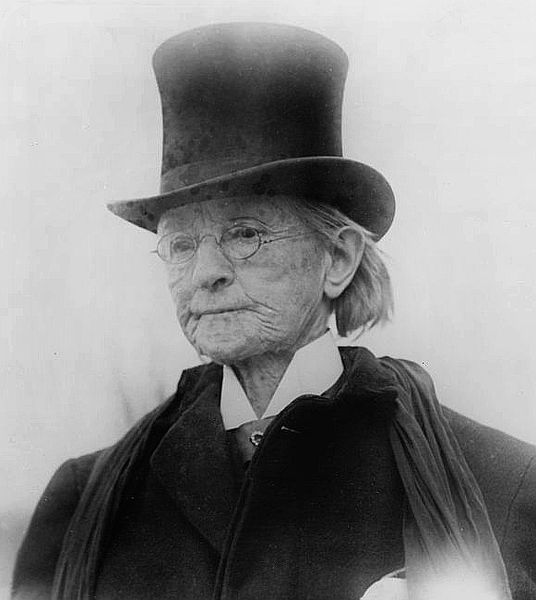
The Legacy of Mary Walker
Dr. Walker was certainly quite an unusual lady, well ahead of her time. She would receive several honors in addition to the Medal of Honor. The U.S. Postal Service issued a first-class stamp in 1982 to commemorate Dr. Walker. A World War II Liberty Ship was named the S.S. Mary Walker, and several medical facilities bear her name.
Although not kindly regarded by her contemporaries, Dr. Walker marched to the beat of her own drum and demonstrated her courage and willingness to promote freedom during her service as a medical contract doctor in the Civil War and as a vigorous and outspoken proponent of women’s rights, including the right to dress as they pleased. Dr. Walker certainly did!

